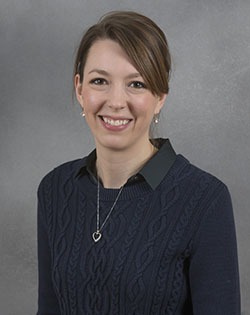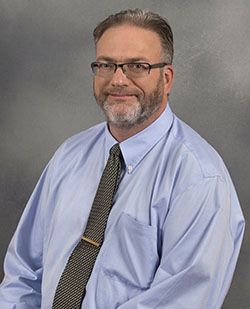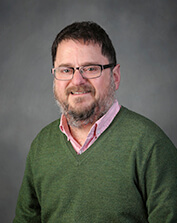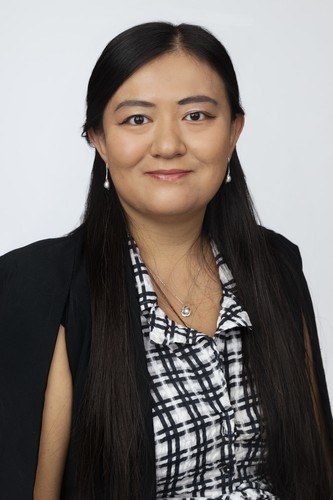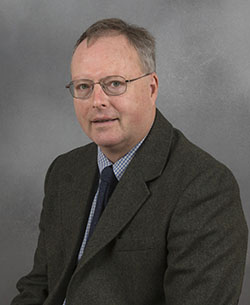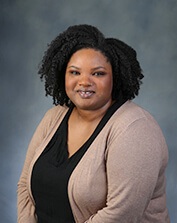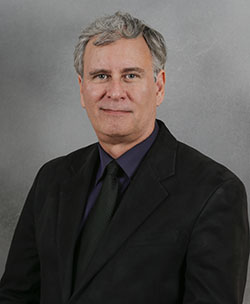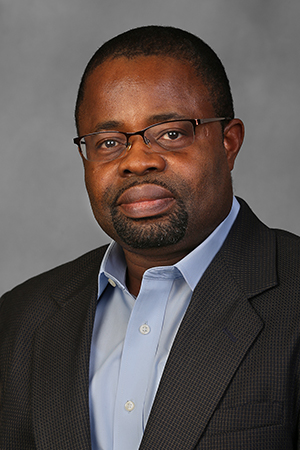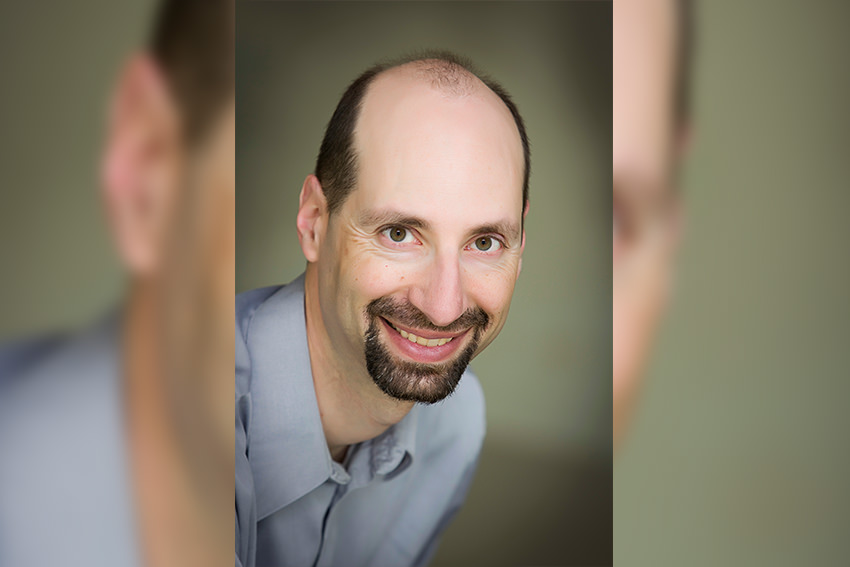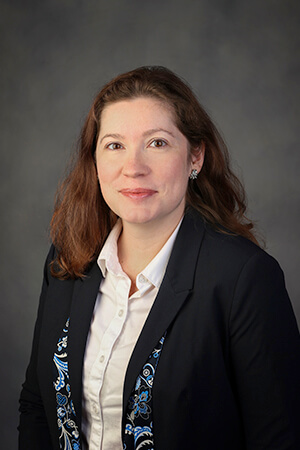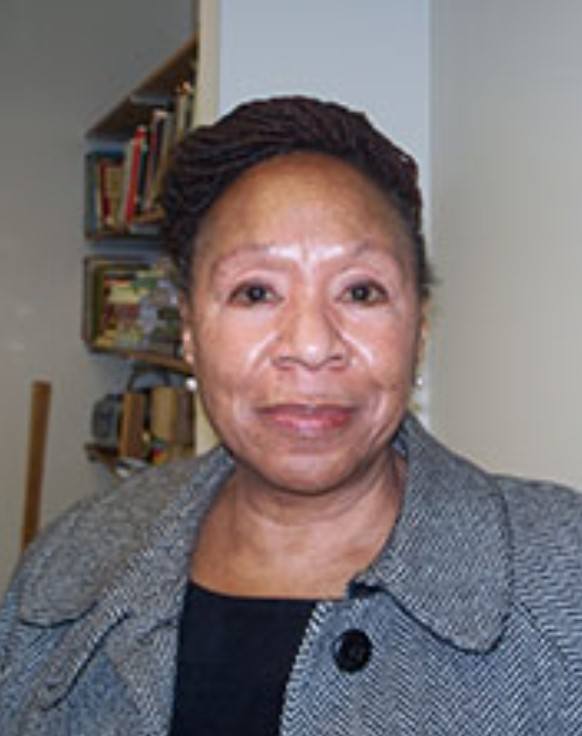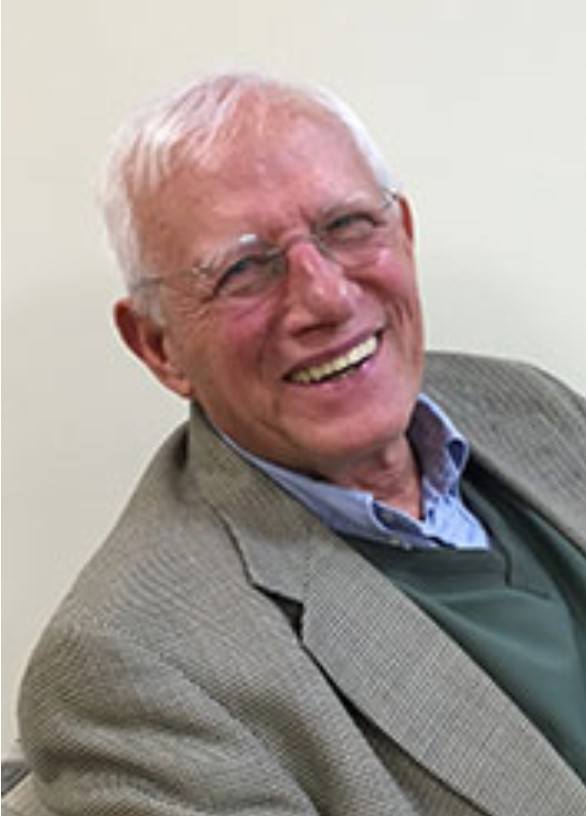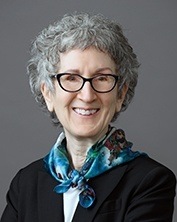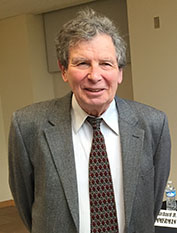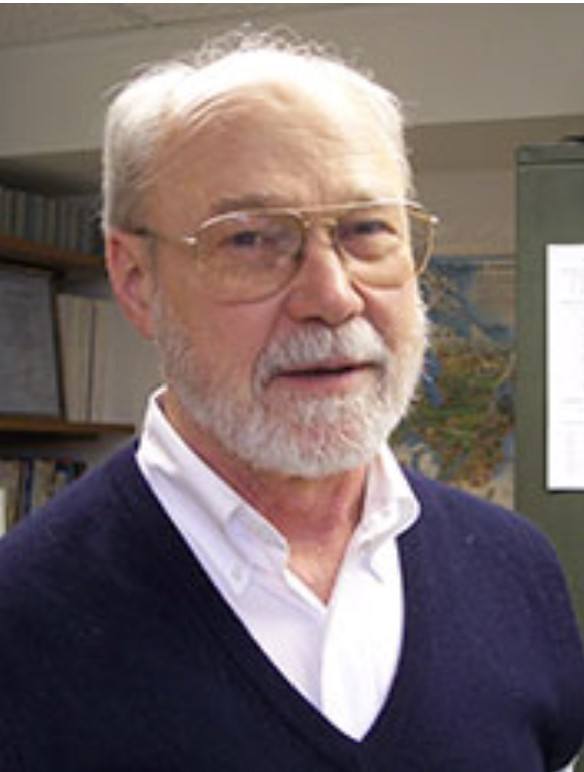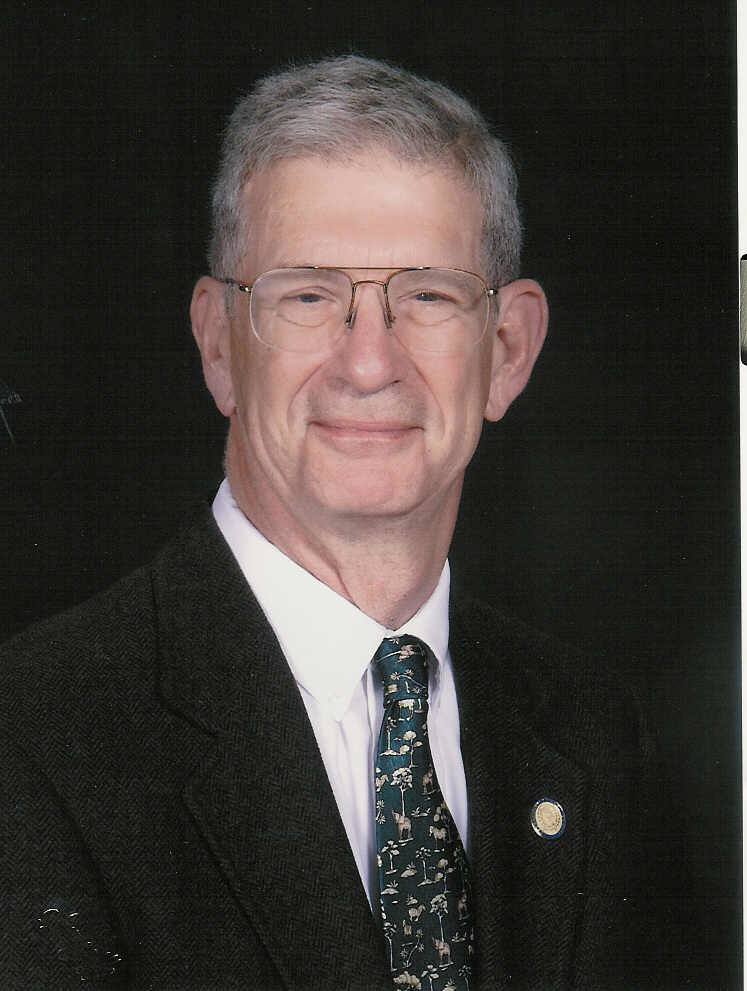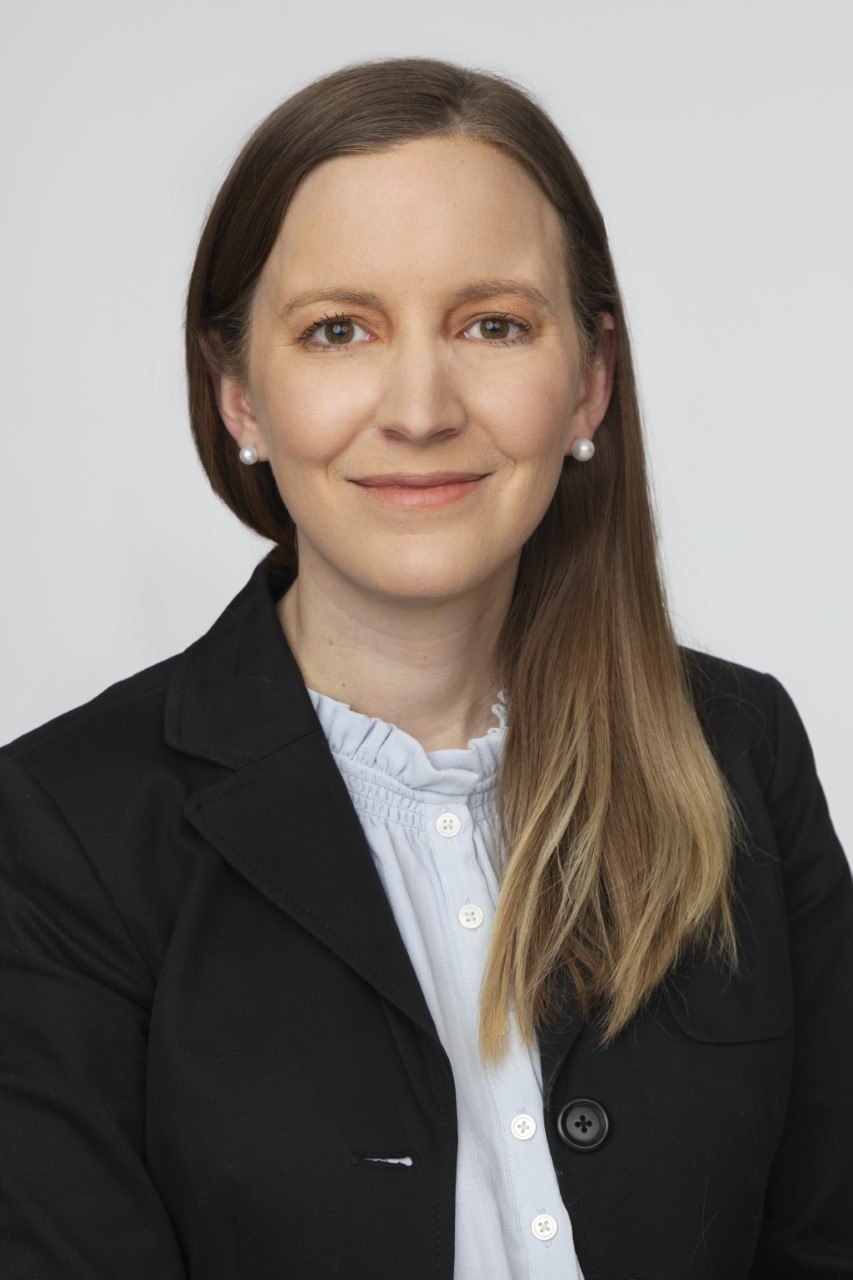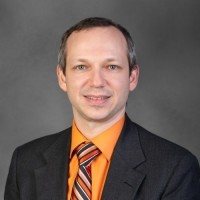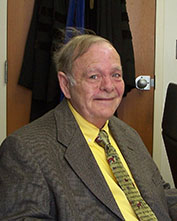Faculty & Staff

Dr. Lillian Ashcraft-Eason, Professor Emeritus (Ph.D., The College of William & Mary, 1975). Dr. Ashcraft-Eason's research and teaching focus on African American, religious, and cultural history. She has been awarded fellowships from the UNCF Distinguished Faculty Scholar's Fellowship, a Lilly Summer Seminar Fellowship, a Ford Foundation Fellowship, and a Fulbright-Hays Fellowship. She is a past president of the Society for the Study of Black Religion. She is author of About My Father's Business: The Life of Elder Lightfoot Solomon Michaux (Greenwood, 1981) and has co-edited Inside Ethnic America: An Ethnic Studies Reader (Kendall-Hunt, 1996). Her most recent publications include an essay on Fenda Lawrence, an eighteenth-century Gambian woman in the Georgia colony and the edited collection, Women and New and Africana Religions (Greenwood, 2009). Her current research focuses on cosmological thought among African women in British colonial America.
Dr. Lawrence J. Daly, Emeritus Professor (Ph.D., Loyola University of Chicago, 1969) teaches courses on the Bible as History (The Old Testament and the New Testament, separately), Ancient Greece, the Roman Republic and Empire, Early Christianity and Late Antiquity, and the Hollywood and History workshop. His research interests focus on fifth-century Athenian populism and imperialism, the Augustan Principate and the Julio-Claudian imperial dynasty, pagan-Christian relations in the fourth century, and the historiography of the Homeric, Mosaic, and Synoptic Questions, the results of which inquiries have been published in journals like Ancient History, Byzantion, Greek, Roman and Byzantine Studies, Historia, Klio, and Latomus; his most recent publication was "The Mutiny of the Militia at Mytilene in 427 B.C." His current scholarship involves a reinterpretation of the conversion of Julian the Apostate as well as an on-going study of the fourth-century pagans Symmachus of Rome, Libanius of Antioch, and Themistius of Constantinople as "mandarins of Late Antiquity."
Dr. Gary Hess, Emeritus Distinguished Research Professor (Ph.D., University of Virginia, 1965). Dr. Hess's research and teaching focus on U.S. foreign policy, especially the U.S. and Asia, and U.S. national security policy. A past president of the Society for Historians of American Foreign Relations (1991) and a former chair of the U.S. State Department's Committee on Historical Deiplomatic Documentation, he has received two NEH fellowships and three Fulbright awards. In 1993, he served as the John A. Burns Distinguished Visiting Professor at the University of Hawaii. He serves on the Board of Editors of Diplomatic History. His books include Sam Higginbotham of Allahabad: Pioneer of Point Four to India(University Press of Virginia, 1967); America Encounters India (Johns Hopkins, 1971);America and Russia: Cold War Confrontation to Coexistence (Crowell, 1973); The United States' Emergence as a Southeast Asian Power, 1940-1950 (Columbia University Press, 1987); Vietnam and the United States: Origins and Legacy of War (Macmillan/Pwayne, rev. ed. 1998); The United States at War 1941-1945 (Harland Davidson, rev. ed. 2000); and Presidential Decisions for War: Korea, Vietnam, and the Persian Gulf (John Hopkins University Press, 2001). His most recent book is Vietnam: Explaining America's Lost War (Wiley/Blackwell, 2008). A forthcoming expanded edition of Presidential Decisions for War will include material on the current war.
Dr. Thomas Knox, Emeritus Professor (Ph.D., Yale University, 1969). Dr. Knox's research and teaching interests include eighteenth- and nineteenth-century England, early modern Europe, and local history. His work, funded in part by grants from the American Philosophical Society, has appeared in such scholarly journals as Albion, Past & Present, and The Durham University Journal. His most recent article is "'Peace for Ages to Come': The Newcastle Elections of 1780 and 1784" (Durham University Journal); he is a contributor to the Dictionary of National Biography (Oxford University Press, 2004). He continues to work on popular politics, reform, and radicalism in eighteenth-century England.
Dr. Judith Sealander, Emeritus Professor [Ph.D., Duke University, 1977].
Dr. David Curtis Skaggs, Professor Emeritus (Ph.D., Georgetown University, 1966). Dr. Skaggs’ research and teaching concentrated on colonial and revolutionary America and United States military history. He is the author of Roots of Maryland Democracy, 1753-1776(Greenwood Press, 1973), Thomas Macdonough: Master of Command in the Early U.S. Navy(Naval Institute Press, 2002), Oliver Hazard Perry: Honor, Courage and Patriotism in the Early U.S. Navy (Naval Institute Press, 2006) and principal co-author of A Signal Victory: The Lake Erie Campaign, 1812-1813 (Naval Institute Press, 1997, paperback 2000). The latter was a History Book Club alternate selection; it and the Perry biography won the North American society of Oceanic History’s prizes for naval history. He is the editor or co-editor of several books including The Poetic Writings of Thomas Cradock, 1718-1770 (University of Delaware Press, 1983), War on the Great Lakes (Kent State University Press, 1991), The Sixty Years’ War for the Great Lakes (Michigan State University Press, 2001, paperback 2010) and a translation of Hessian Captain Johann Ewald’s Treatise on Partisan Warfare (Greenwood Press, 1991) which was originally published in Germany in 1785. Among visiting scholar positions he has been three times visiting professor of military history and strategy, Air University, Maxwell AFB, Alabama, Distinguish Visiting Professor, Defense Intelligence College, Washington, DC, William C. Foster Visiting Fellow, U.S. Arms Control & Disarmament Agency in Washington, consulting faculty member, U.S. Army Command & General Staff College, visiting professor, East Carolina University, and visiting associate professor University of Wisconsin—Madison. He is currently writing an analysis of the military career of William Henry Harrison.
Updated: 11/11/2025 01:08PM

